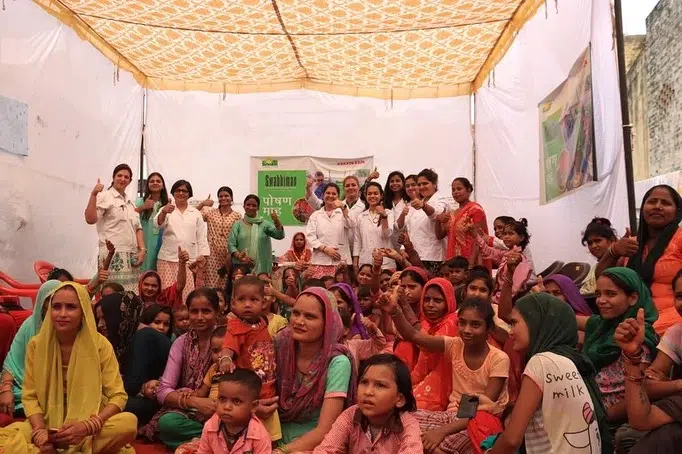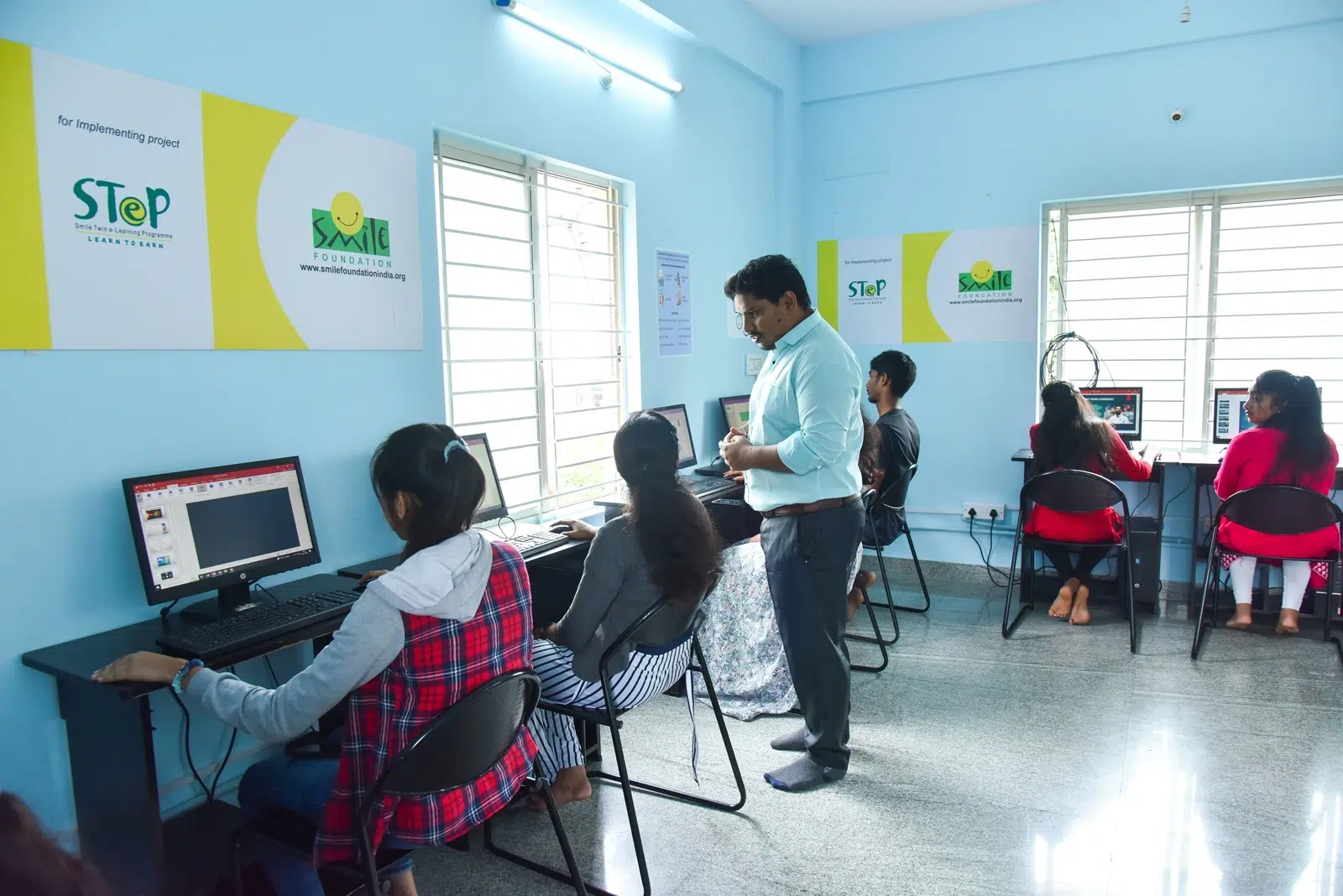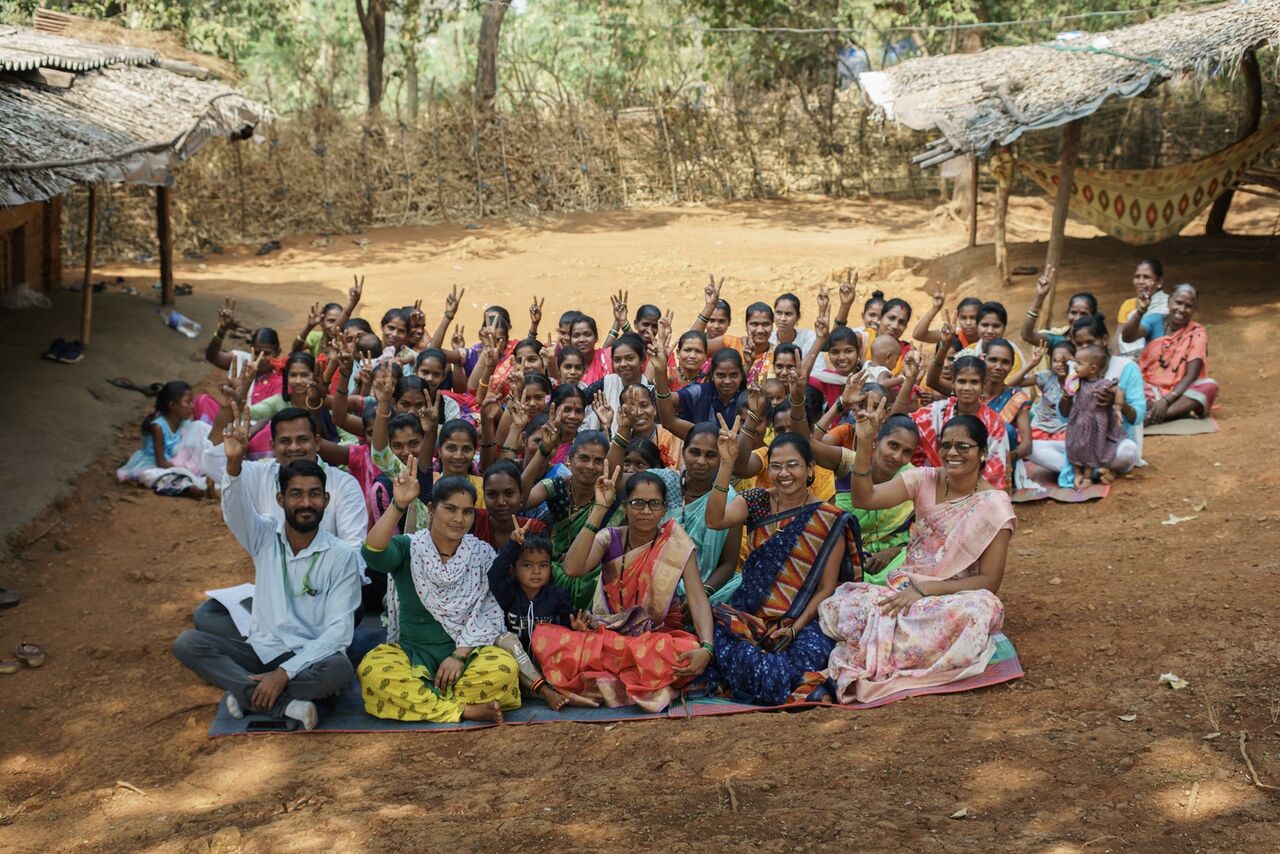Early this month, when our team reached one of the government lower primary schools in Bengaluru to conduct health check-ups, several common health concerns – malnutrition, anaemia and skin infections – were identified among the children. While free medicines were distributed to them with the support of the teachers and parents, this sheds light on the importance of spreading awareness on essential topics like nutrition, hygiene and wellness at the school level and the need to work towards bringing about the necessity of regular health-checkup services for children, especially from the disadvantaged communities, where limited sanitation and healthcare access pose daily challenges.
Let’s remember that children are tender and delicate beings, constantly susceptible to several health hazards that can have long-term effects. Whether inherited or acquired, early detection of diseases and health conditions in children can facilitate a healthy life later. Thus, authorities, government and community-level healthcare institutions should come together and put conscious efforts to facilitate regular health check-ups for children because these checkups are essential even when your child shows no symptoms and looks healthy.
The Reality through Data
Child development is a global crisis affecting many low and middle-income countries. India, which comes under this category, is seeing an upsurge in child obesity, malnutrition, increase in cases of genetic disorders and stunted growth. While many factors cause this, a recent Lancet study suggests that nearly 182 million children in low—and middle-income countries, around three-fourths of those aged three or four, lack access to adequate nurture, risking healthy development.
A global problem mainly low- and middle-income nations is child development. This crisis largely affects India, where there is a rise in childhood obesity, malnutrition, genetic abnormalities and stunted development. Numerous factors contribute to this, but according to a recent Lancet research, over 182 million children in low- and middle-income nations—roughly three-fourths of those who are three or four years old—do not have access to proper nurturing, endangering their ability to grow normally.
The Lancet series highlights the critical phase between a child’s second and fifth birthdays, the “next 1,000 days,” for fostering nurturing care.
Why are Regular Health Check-ups Important for School Children?
Monitoring growth and development
Regular health checks are necessary for children to maintain a healthy life and parents play a crucial role in this process since routine examinations are essential to closely monitoring their child’s health. Regular engagement of parents and community health workers can enhance treatment outcomes and overall health of children by identifying potential health issues and taking prompt action. These examinations give parents the opportunity to engage in meaningful dialogue with medical professionals while also obtaining beneficial guidance on safety measures, nutrition and other aspects of child health. The purpose of health examinations is to protect a child’s development and growth.
Preventive care and early detection
Regular health checkups are the best way to inculcate other preventive treatments including vaccinations and immunizations. In order to preserve your child’s health and shield them from potentially dangerous illnesses, vaccinations are essential. To make sure your kid gets the required vaccinations at the right ages, regular health checkups are needed to set vaccination schedules. These immunizations help build community immunity in addition to protecting your kid. Further, regular check-ups for children can also inform children and parents about healthy nutrition, regular exercise and good hygiene practices. By focusing on prevention, children’s health outcomes are frequently improved, and therapy is more successful when initial detection occurs.
Assistance with emotional and mental health
Not only with physical health, through the regular routine health check-ups, medical practitioners can assess children’s emotional and mental health and provide the necessary support or referrals. At a time when there has been an increased discussion around mental health, early detection of mental health problems and timely intervention can enhance long-term outcomes.
Detecting the right nutrients
Several children in developing countries enter adolescence undernourished, making them more vulnerable to disease and early death. Iron deficiency anaemia was among the leading causes of healthy years of life lost due to disability by adolescents aged 10–19 in 2021. Iron and folic acid supplements are a solution that also helps to promote health of adolescents. It is only through regular health check-ups that the lack of these nutrients can be identified and thereby, the right diet and food are recommended for better development.
Detection of NCDs to improve health
Many NCDs, such as type 1 diabetes, congenital and rheumatic heart disease, sickle cell disease and asthma, manifest early in childhood, impacting a child’s social interactions and academic activities. For children with certain NCDs, an early diagnosis significantly improves outcomes, including a longer life expectancy and the avoidance of major problems. According to research, early intervention also improves quality of life by lowering chronic pain, exhaustion or difficulties carrying out daily tasks and improving learning and developmental results. Families are also significantly impacted financially and emotionally by NCDs. Early detection, prevention and treatment of noncommunicable diseases (NCDs) reduces the burden on families and enhances the general well-being of families and society.
Smile Foundation’s Work
As part of Smile on Wheels programme, health camps are regularly organised to extend preventive and curative healthcare to schools and communities in need. Additionally, Smile Foundation’s Health Cannot Wait campaign is bringing high-quality healthcare services to the doorstep of underprivileged communities, with an emphasis on women and children, in an effort to improve the nation’s current healthcare system and lower out-of-pocket medical costs. To encourage children and the community to adopt a health-seeking behaviour, awareness-raising events such as school health camps and street plays are also held.









